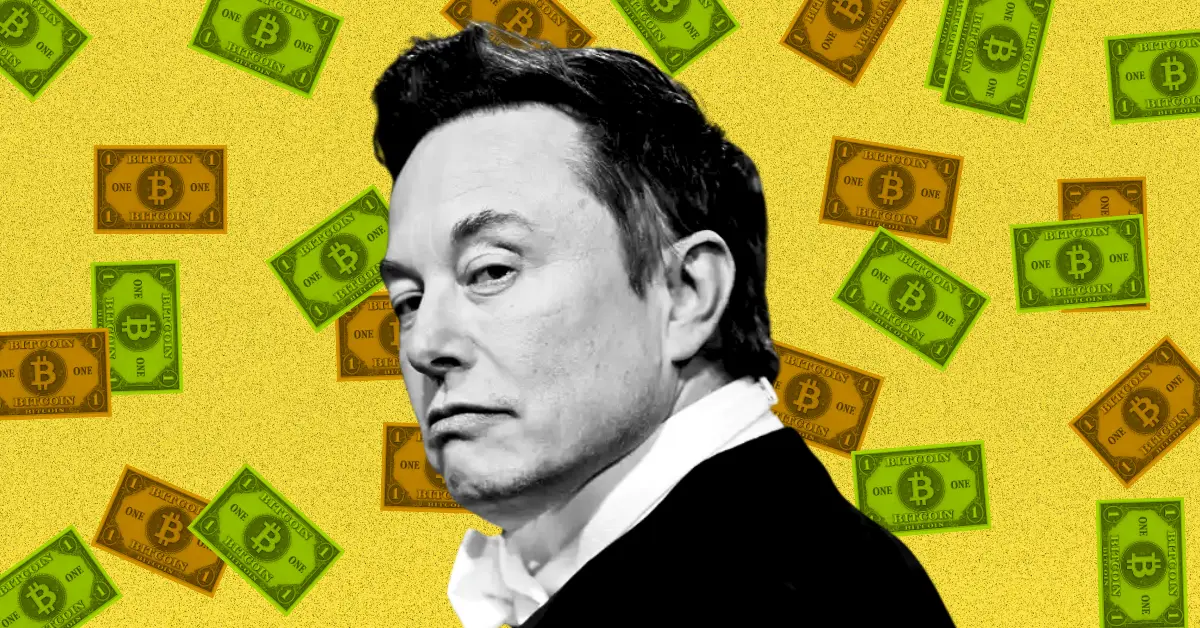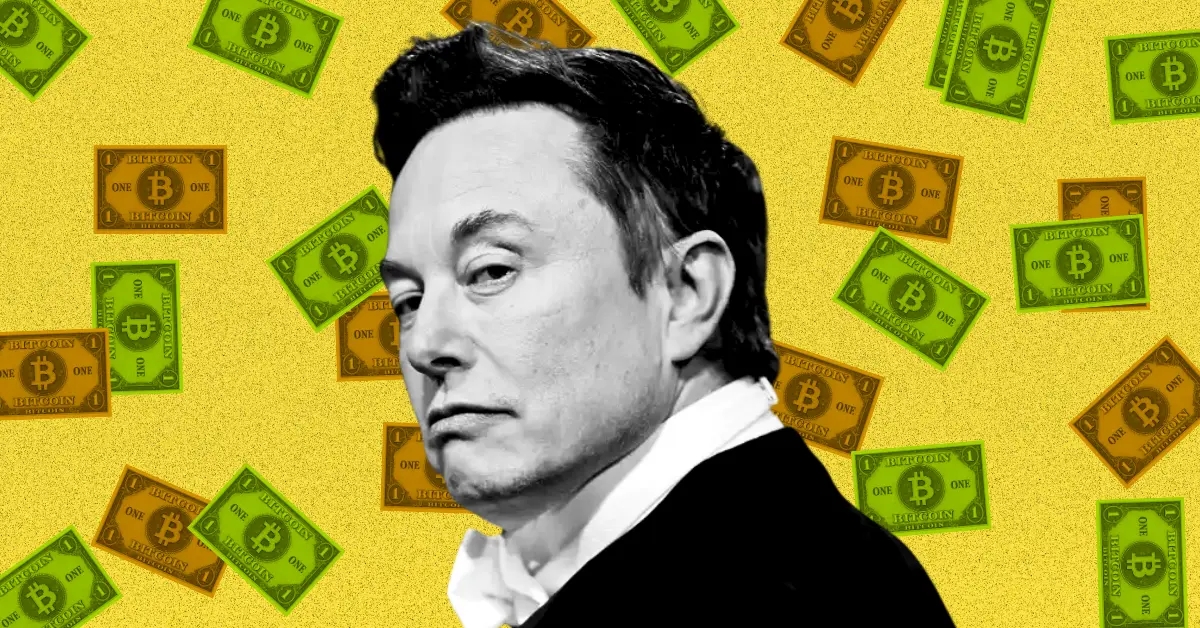The internet’s love affair with irreverence and irony has always been fertile ground for strange crossovers, but few could have predicted that the absurdist meme of a Shiba Inu dog with mangled English captions—once relegated to message boards and group chats—would one day burrow its way into the machinery of U.S. government. Yet here we are: “DOGE” has leaped from a viral image to the namesake of the Department of Government Efficiency and, thanks to Donald Trump’s appointment of Elon Musk to run it, has become a symbol of just how far meme culture has infiltrated real-world power structures.
To untangle the surreal story of “Doge,” you need to understand three overlapping phrases: Doge the meme, Dogecoin the cryptocurrency, and DOGE the government agency. Let’s dig into each, and unpack how these threads—thanks to one CEO’s restless mischief and another ex-president’s taste for spectacle—have shaped a saga equal parts comedy, innovation, and controversy.
The Origins: What is “Doge”?
“Doge” originated in 2010 as a photo of a Shiba Inu dog named Kabosu, captured with an expression caught between existential dread and mild curiosity. What made the image internet gold was its transformation by anonymous users: text overlays featuring Comic Sans font and grammatically garbled inner monologues like “such wow,” “very scare,” and “so doge.” The meme’s charm was rooted in its inane whimsy and universal relatability—if you’ve ever felt a little awkward and weirdly proud about it, you’d understand the appeal.
From 2012 onward, “Doge” exploded across Tumblr, Reddit, and Twitter, differentiating itself from the endless parade of cat memes by its linguistic quirks and positivity. It was, fundamentally, a celebration of silliness—a quintessentially internet-native joke, remixed and reshared by millions. The meme’s simplicity and absurdity made it a perfect vehicle for internet humor, transcending language barriers and cultural differences.
Dogecoin: From Parody to Phenomenon
In late 2013, two software engineers, Billy Markus and Jackson Palmer, decided to poke fun at the explosion of cryptocurrencies by launching Dogecoin—a peer-to-peer digital coin that took none of itself seriously. With its Shiba Inu mascot and supply unlimited by design, Dogecoin was a deliberate satire of Bitcoin’s self-seriousness and scarcity-driven hype. It was cheap, easy to mine, and used for micro-tipping, making it the digital equivalent of tossing change to a busker or retweeting a clever joke.
For years, Dogecoin was a fringe project, the butt of inside jokes and occasional charity stunts (notably, sponsoring a Jamaican bobsled team and a NASCAR driver). Its price hovered near zero. But beneath the mockery, Dogecoin quietly built a loyal online community—a “DOGE Army”—attracted by its openness and whimsy.
Everything changed in 2021, when Elon Musk, the world’s most unpredictable billionaire, began referencing Dogecoin in tweets, SNL monologues, and casual interviews. Seemingly overnight, Dogecoin surged to a market cap of tens of billions—propped up by meme momentum, Musk’s celebrity, and the wild optimism of retail traders hoping Doge would hit $1. Even as Dogecoin’s price slumped back to earth, Elon’s embrace of its culture cemented the coin, and “Doge,” as an enduring part of internet folklore.
Musk, Trump, and DOGE: When Meme Meets Power
Fast forward to late 2024: in a twist that makes satire obsolete, President-elect Donald Trump names Elon Musk as co-head of the newly formed Department of Government Efficiency—cheekily abbreviated as “DOGE.” This move was at once a nod to Musk’s meme credentials and Trump’s flair for spectacle: a former president and a meme-obsessed tech mogul, collaborating under a banner borrowed straight from a dog joke.
The DOGE department’s actual mission? According to official statements, trimming waste, slashing spending, and revamping U.S. government operations—a serious mandate paired with the least serious packaging imaginable. Despite rampant speculation (and a brief website mishap involving the Dogecoin logo), Musk repeatedly clarified that the agency had nothing to do with cryptocurrencies or blockchain technology. Dogecoin’s price, volatile as ever, nevertheless bounced on every headline, with Musk’s personal fandom keeping the community energized (and confused).
Musk’s tenure at DOGE was as erratic as his meme posts. At times, he leaned into the joke, referring to himself as “The Dogefather” at press briefings and sparring with political opponents in the kind of tongue-in-cheek banter usually reserved for online flame wars. But by spring 2025, as both media scrutiny and bureaucratic frustrations mounted, Musk exited the office, his lasting political legacy more meme than policy.
Legacy of ‘Doge’: Memeification of Public Life
The story of DOGE is more than a tale of internet nonsense gone viral. It’s a window into a culture where lines between high office and lowbrow humor increasingly blur. On the surface, naming a federal agency after a meme seems frivolous—even irresponsible. But dig deeper and it’s a commentary on several potent trends:
Internet Culture’s Infiltration of Power
What began as a joke is now a shorthand in the halls of power. From the White House’s “covfefe” to “DOGE,” meme literacy has become part of the national political conversation. Politicians and executives deploy memes both sincerely and cynically, using them to build identity with younger voters and sidestep traditional scrutiny. For Musk and Trump alike, embracing memeability isn’t just fun—it’s strategic, a way to signal relatability and outmaneuver critics.
The Two-Edged Sword of Irony
The rise of “Doge” points to a broader shift: sincere engagement with government has increasingly given way to a culture of ironic distance. When citizens see their institutions filtered through parody, is it clever branding or a symptom of cynicism? For some, the “DOGE” label was a light-hearted attempt to inject innovation and disrupt stale thinking; for others, it was a distraction or even a mocking gesture towards the gravitas government should hold.
The Enduring Power of Community
If there’s one thread uniting Dogecoin, “Doge” memes, and the DOGE agency, it’s the enduring pull of community. The “DOGE Army” that once rallied around a silly coin found meaning—sometimes profit, sometimes camaraderie—in a shared online culture. When Musk led DOGE, his fanbase treated the episode as their Super Bowl. Even after his departure, that energy transforms: from trading speculation to ironic political commentary to grassroots activism.
Goodbye, Dogefather: Where Next for DOGE?
Musk’s “DOGE” experiment—half performance art, half bureaucratic test kitchen—leaves an odd cultural legacy. The agency’s underlying purpose, government efficiency, remains as pressing as ever. But the episode’s greatest lesson may have little to do with management or cryptocurrency.
We now live in a world where memes decide elections, billionaires rewrite public perception with a tweet, and a Shiba Inu can become a (metaphorical) face of reform. For better or worse, “Doge” has gone from internet in-joke to real-world artifact, blurring the line between satire and reality.
The next time you see a silly dog with the caption “such governance,” don’t laugh too quickly. Today’s punchline is tomorrow’s headline. Doge is no longer just a meme. It’s a mirror—reflecting who has power, how culture changes, and what happens when none of us, not even presidents and CEOs, are truly serious anymore.
Much Wow, So Legacy
When historians look back at the early 2020s, they might scratch their heads at how a grinning Shiba Inu, a couple of bored software developers, and the unchecked impulses of a billionaire technocrat briefly turned the business of government into a viral joke. But beneath the laughter lies something very real: a signal that public life now runs on the logic of the feed, the algorithm, and the meme.
The fate of “DOGE”—as meme, coin, or government body—will flicker and fade as cultural tides shift. But the deeper pattern stays: the things we laugh at, obsess over, and remix online can and will jump into the highest seats of power. The internet’s biggest joke may well be that it’s not a joke at all.
So next time you see “Doge,” remember: it’s not just a dog, or a coin, or an acronym. It’s the future, scratching urgently at the door, desperate to be let in.












